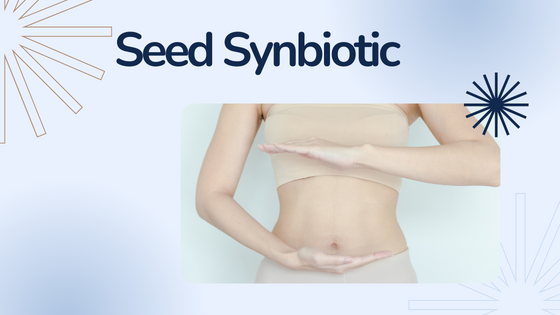
Probiotics are live microorganisms that are thought to have a health benefit for humans. They are often called “friendly” or “good” bacteria because they help keep the body healthy. You can get probiotics from eating certain foods or taking dietary supplements.
Probiotics are the good bacteria present in the gut and intestines of humans, animals, and plants that promote a healthy digestive system. Probiotic supplements may reduce the risk of diarrhea caused by antibiotics use, irritable bowel syndrome (IBS), traveler’s diarrhea, and other conditions. Probiotics may also help treat vaginal yeast infections in women who don’t respond well to standard treatments for these infections.
Prebiotics are non-digestible carbohydrates that stimulate the growth or activity of beneficial bacteria in the colon (large intestine). Some prebiotics can be found naturally in food, but most must be taken as supplements because they aren’t absorbed into the bloodstream from the digestive tract.

Probiotics and prebiotics work together to support optimal digestion and immune function.
Are Probiotic and Prebiotic Supplements Safe?
The short answer is yes. Both probiotics and prebiotics have been studied extensively, and their safety has been confirmed by a number of research studies. However, the specific strains used in each study may vary from those included in your supplement. So it’s important to talk with your doctor before taking any probiotic or prebiotic product if you are currently taking prescription medications or if you have other medical conditions.
Best Supplements Containing Probiotics and Prebiotics
Probiotic and prebiotic supplements can be found in a variety of forms, including capsules, tablets, powders and liquids. Seed Synbiotic is a new blend of probiotics and prebiotics that is designed to help support healthy digestion. It is currently the best probiotic and prebiotic supplement available, according to experts as you can read from this Seed probiotic review. The formula is designed to support healthy digestion by promoting both the growth of beneficial bacteria in your gut and their ability to produce short-chain fatty acids.


